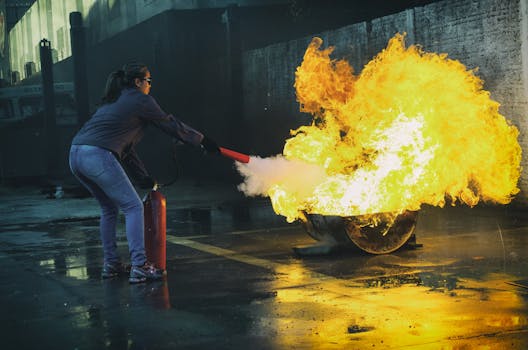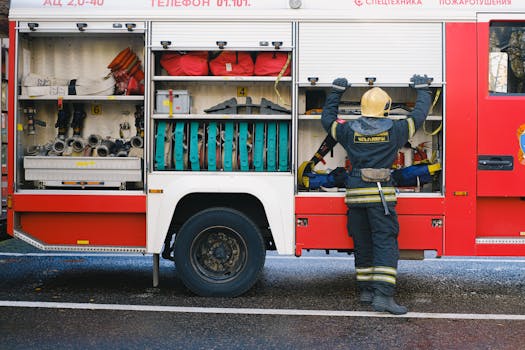You can do a degree in a subject, such as:
- occupational safety, health and environment
- environmental health
You might also be able to apply to do a postgraduate qualification in health and safety, if you have a degree related to a particular industry. Examples include construction, engineering or manufacturing.
Entry requirements
You'll usually need:
- 2 to 3 A levels, or equivalent, for a degree
- a degree in any subject for a postgraduate course




